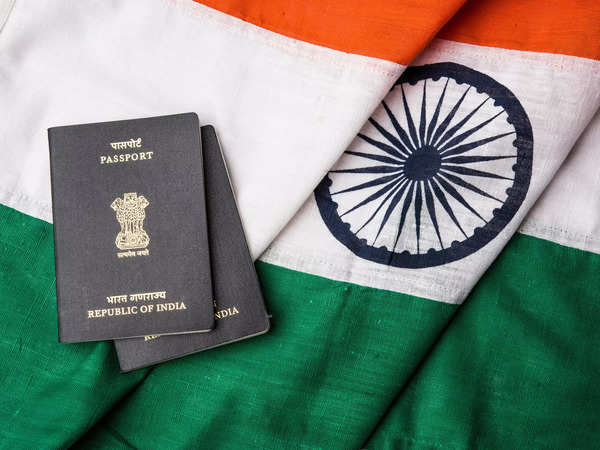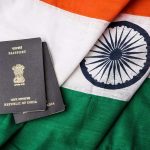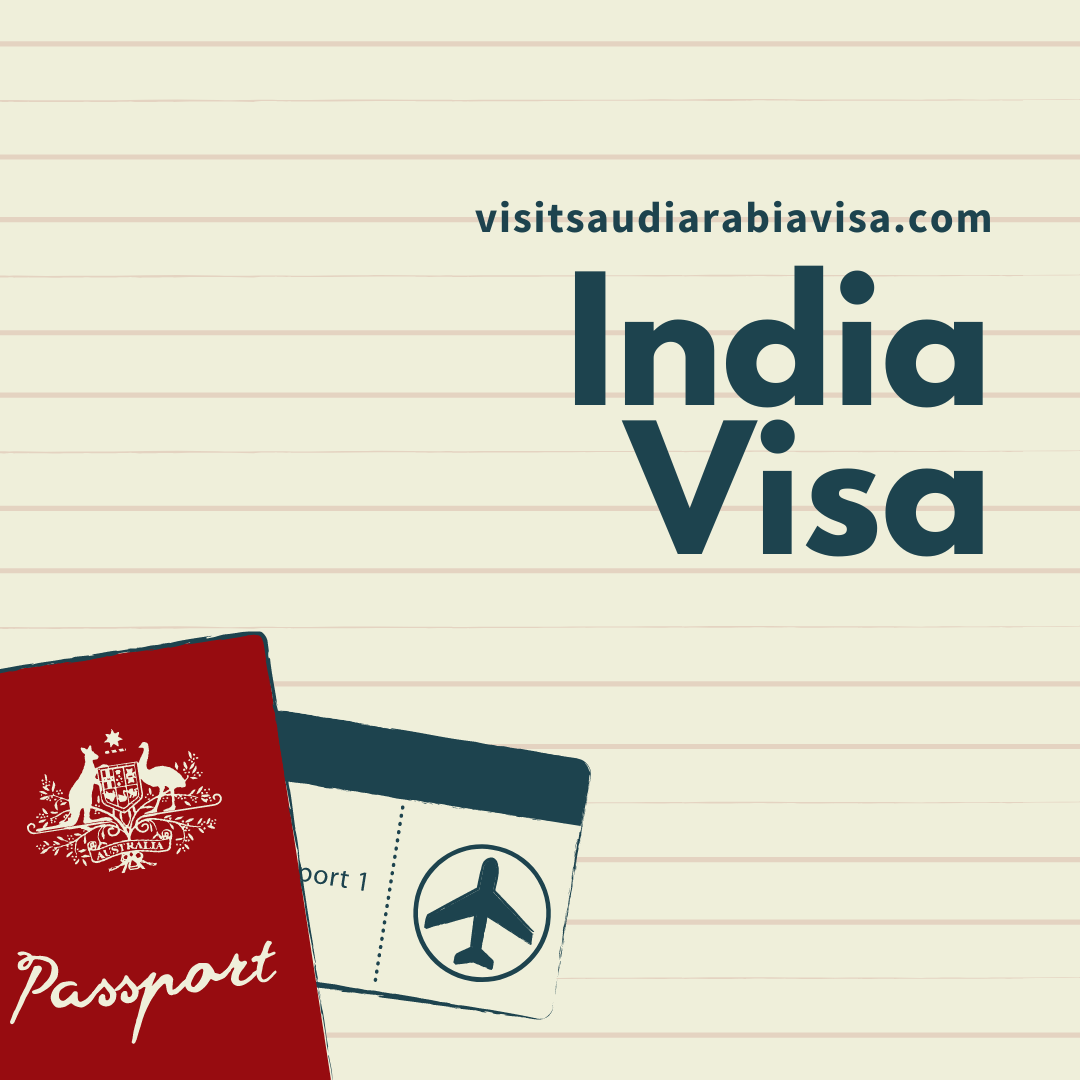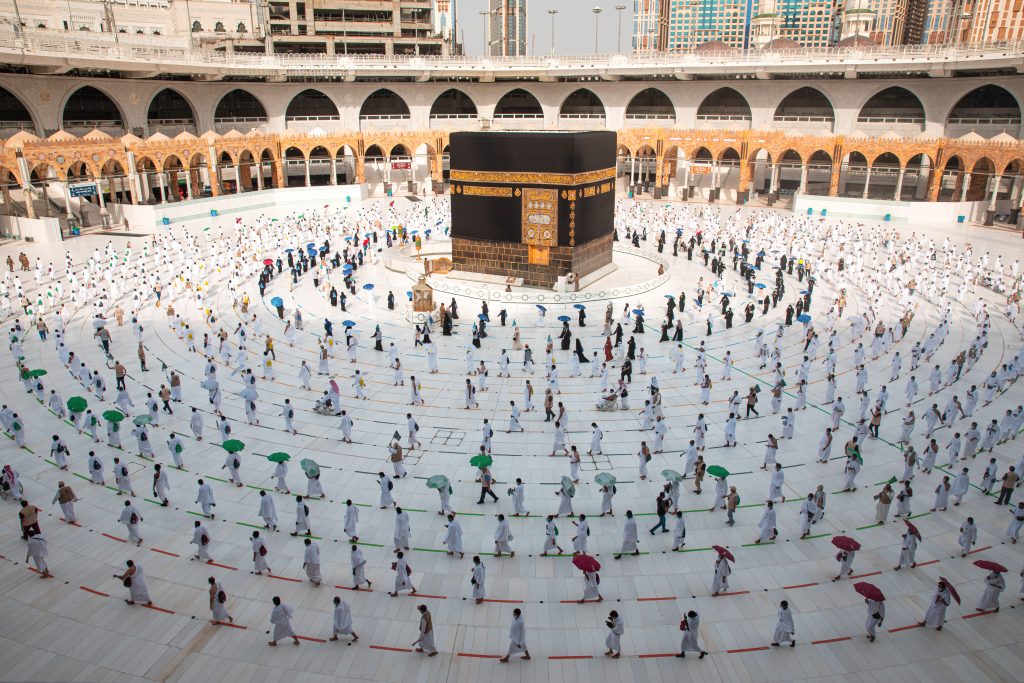Travelling to India is an enriching experience, whether you’re exploring its diverse culture, spiritual sites, or business opportunities. However, before you embark on your journey, obtaining a visa is a crucial step. While some travellers opt for agents to facilitate the process, it’s entirely possible to navigate the Indian visa application process on your own. This guide will walk you through the steps to obtain an Indian visa without the need for an agent.
Understanding the India Visa Process
Types of Visas for India
Eligibility Criteria
Each type of visa has its eligibility criteria, such as the purpose of visit, duration of stay, and documentation requirements. Ensuring you meet these criteria is crucial before proceeding with the application.
Applying for an India Visa Without an Agent
Researching Visa Requirements
Begin by researching the visa requirements for your specific travel purpose and duration of stay. Visit the official website of the Indian embassy or consulate in your country to gather accurate information.
Online Application Process
Most India visas now require an online application. Navigate to the official Indian visa application portal and create an account to initiate the process.
Documents Required
Gather the necessary documents for your visa application, which typically include a valid passport, recent passport-sized photographs, proof of accommodation, and travel itinerary.
Completing the Online Application
Creating an Account on the Visa Portal
Register on the visa portal using your email address and create a secure password to access the application form.
Filling out the Application Form
Carefully fill out the online application form with accurate information, including personal details, travel history, and purpose of visit.
Uploading Documents
Scan and upload the required documents as per the guidelines provided. Ensure all documents are clear, legible, and meet the specified criteria.
Payment and Appointment Scheduling
Payment Procedure
Pay the visa application fee using the available payment options on the portal. Keep the payment receipt for future reference.
Scheduling Biometric Appointment (if required)
Some visa types may require biometric data collection. Schedule an appointment at the nearest visa application center for biometric verification.
Attend Biometric Appointment (if required)
Visit the designated visa application center at the scheduled date and time for biometric data collection, if applicable.
Wait for Visa Processing
After submitting your application and biometric data (if required), allow sufficient time for visa processing. Monitor the status of your application through the online portal.
Receiving the Visa
Once your visa is approved, you will receive it via email or courier, depending on the delivery option chosen during the application process.
Conclusion
Obtaining an India visa without an agent is entirely feasible with careful planning and adherence to the application guidelines. By following the outlined steps, you can successfully navigate the visa process and embark on your journey to India with confidence.
FAQs
- Can I apply for an Indian visa online?
- Yes, most Indian visas now require online applications through the official visa portal.
- What are the typical documents required for an Indian visa application?
- Documents commonly required include a valid passport, recent photographs, proof of accommodation, and travel itinerary.
- How long does it take to process an Indian visa application?
- Visa processing times vary depending on the type of visa and other factors but typically range from a few days to several weeks.
- Do I need to schedule a biometric appointment for my Indian visa application?
- Biometric appointments are mandatory for certain visa types. Check the requirements based on your visa category.
- Can I track the status of my Indian visa application?
- Yes, you can track the status of your application through the official visa portal using your unique application ID.






